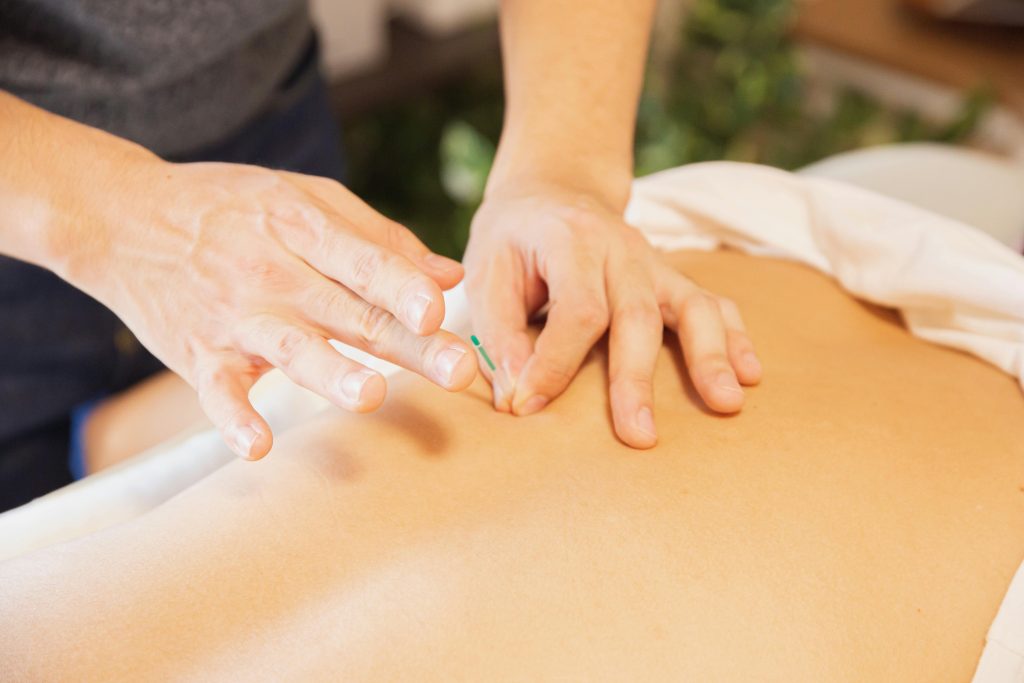Iodine and Fertility: The Small Nutrient That Makes a Big Impact
Acupuncture Blog, Acupuncture ResourcesWhen it comes to fertility, many people think about hormones, egg quality, or even stress. But there’s one small nutrient that plays a big role in all of this, iodine. In fact, iodine and fertility are closely linked. And not getting enough iodine can make it harder for your body to do the things it needs to support a healthy pregnancy.
Are you in the Edmonton area and curious if acupuncture and nutrition support could be right for you? Book a free consultation and let’s chat about your health goals.
What Is Iodized Salt?
Iodized salt is regular table salt with iodine added to it. Iodine is a mineral that helps your body make thyroid hormones. These hormones control your energy, metabolism, and support your reproductive system, which is why iodine and fertility are closely linked.
Iodine was added to salt starting in the 1920s to help stop thyroid problems, like swelling in the neck caused by not getting enough iodine. It’s still one of the easiest and most affordable ways to get more iodine through your diet.
Iodine was first added to salt in the 1920s to help prevent thyroid problems, such as goiter (swelling in the neck). It’s still one of the easiest and most affordable ways to boost iodine intake.
Today, about 88–89% of people worldwide consume salt with some iodine, but adequacy varies by region. Specialty salts such as sea salt or pink salt usually do not contain iodine unless labeled, so check the packaging. One easy approach is to use iodized salt for cooking and enjoy specialty salts as finishing salts.
Why Iodine Matters for Fertility
Iodine plays a key role in reproductive health through its role in thyroid function. Without enough, thyroid hormone levels can fall, which may affect ovulation, menstrual cycles, and even early pregnancy.
Let’s look at some of the ways iodine is linked to fertility:
1. Supports Regular Ovulation
Thyroid hormones help regulate menstrual cycles. Low iodine intake can contribute to thyroid dysfunction, which may make cycles irregular or disrupt ovulation.
2. Reduces the Risk of Early Pregnancy Loss
Studies have shown that low iodine levels may increase the risk of early pregnancy loss. The thyroid plays a key role in the early stages of pregnancy, especially during the first few weeks when the baby’s brain and organs are just starting to form. In fact, thyroid problems are a known risk factor in recurrent pregnancy loss.
One study from the National Institutes of Health found that women with moderate to severe iodine deficiency had a 46% lower chance of getting pregnant each cycle compared to women with normal iodine levels. That’s a significant drop, and it highlights just how important iodine is when trying to conceive. Read the study here!
3. Supports Male Fertility Too
Iodine doesn’t just support women’s health. It plays a vital role in male fertility, too. Low iodine can affect testosterone levels and lower sperm quality. Healthy sperm production also depends on good thyroid function, which is closely tied to iodine and fertility.

Fertility Benefits of Iodized Salt
Iodized salt is an easy and affordable way to get more iodine. A ¼ teaspoon of iodized table salt (about 1.5 g) typically provides ~70 micrograms of iodine, though amounts vary by brand. Most adults need 150 mcg of iodine daily. During pregnancy, the need increases to ~220–250 mcg/day, and rises further to ~290 mcg/day while breastfeeding.
But it is important not to rely only on salt. Eating too much salt can raise your blood pressure. It is better to get iodine from a mix of foods, such as:
Dairy products like milk, yogurt, and cheese
Eggs
Seafood, especially shrimp, cod, and tuna
Seaweed such as nori or kelp, but use sparingly, as some seaweeds are very high in iodine
Iodine supplements, if your doctor or naturopath says they are needed
Getting enough iodine can be simple. Even small changes in your meals can help support iodine and fertility, along with your overall health.
How Acupuncture Complements Iodine in Fertility Care
Iodine helps your hormones from the inside. Acupuncture supports your fertility by increasing blood flow to your reproductive organs. This helps bring more nutrients, oxygen, and hormone support to areas like the ovaries, uterus, and testes
Acupuncture also helps:
Improve egg and sperm quality
Reduce inflammation
Together, iodine and acupuncture form a powerful team. They help support your body’s natural rhythms and create a healthy environment for conception and pregnancy. Many of my patients start acupuncture while also making small changes to support iodine and fertility, like switching to iodized salt or adding more iodine-rich foods. Over time, these steps can make a real difference.

How to Start Supporting Your Fertility with Iodine and Acupuncture
If you’re trying to get pregnant or want to support your reproductive health, there are a few easy steps you can take.
Start by checking your salt to see if it’s iodized. If it’s not, consider making the switch. You can also add more iodine-rich foods to your meals, like eggs, seafood, or dairy.
It’s a good idea to talk to your healthcare provider, too. They can check your iodine or thyroid levels and let you know if a supplement is right for you. And don’t forget about acupuncture. It can support your hormones, lower stress, and help improve blood flow to your reproductive organs.
You don’t have to make all these changes at once. Even small steps can help your body get ready for pregnancy.
What to Remember About Iodine and Fertility
Iodine may be a small nutrient, but it has a big impact on your fertility. Pairing iodine with acupuncture gives your body extra support, both from the inside and outside.
If you’re curious about how acupuncture and nutrition can support your fertility, you don’t have to figure it out on your own. We’re here to help. Ready to take the next step? Book a free consultation or contact us to learn more. You can also read our reviews to hear from others on a similar journey.
Disclaimer: This article is for educational purposes only and is not a substitute for personalized medical advice. If you are pregnant, trying to conceive, or have thyroid concerns, please consult your healthcare provider before making changes to your diet or supplement routine.